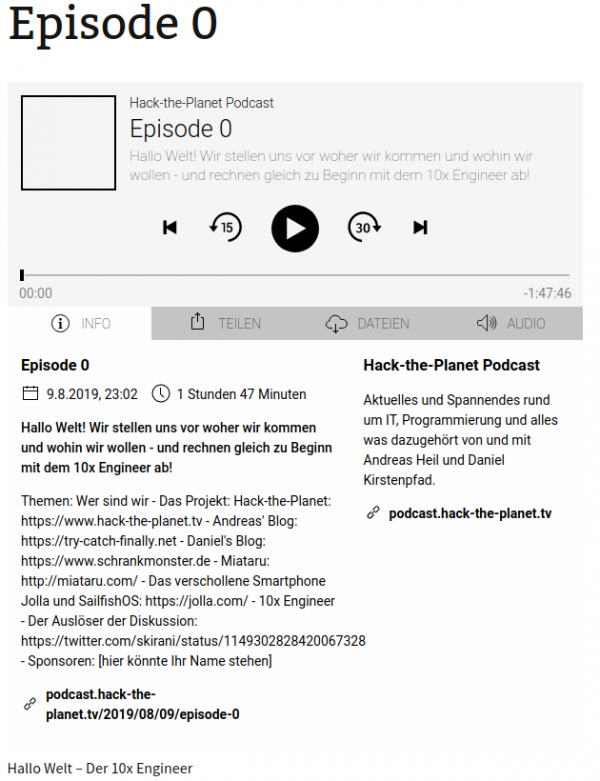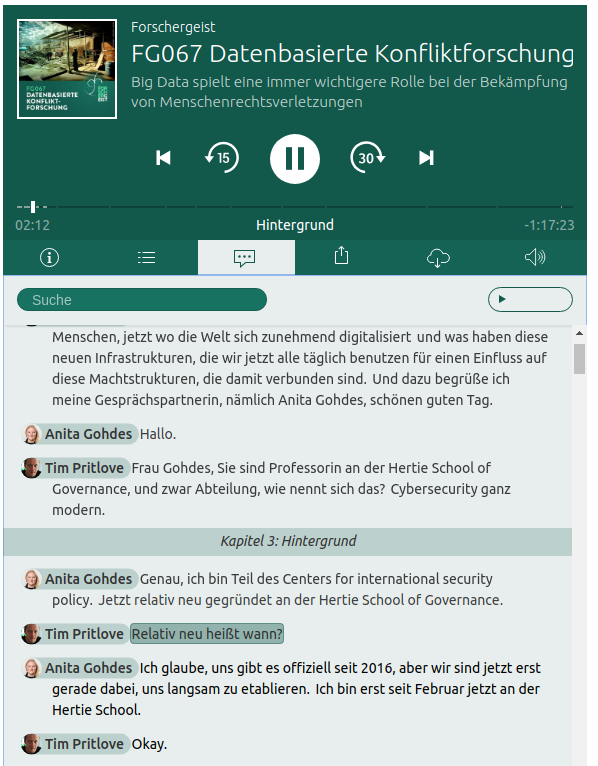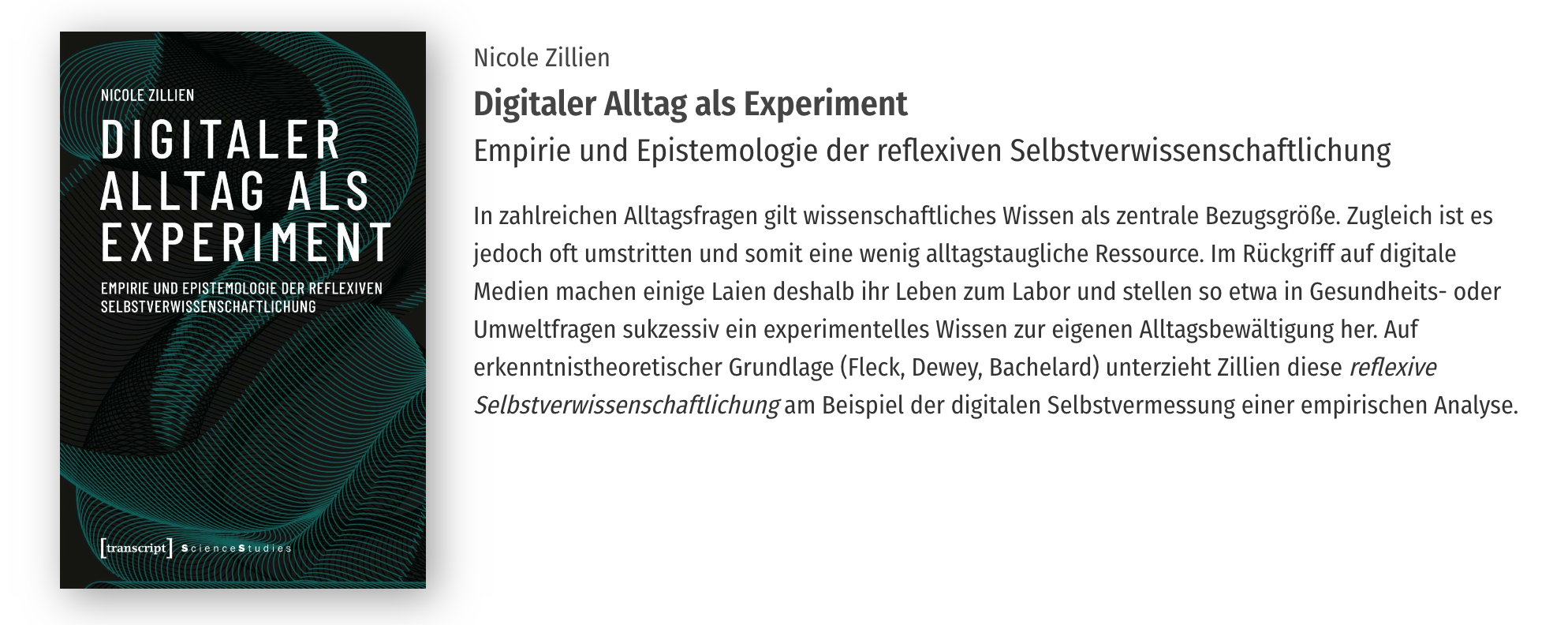Last week we were approached by Prof. Dr. Nicole Zillien from Justus-Liebig-University in Gießen/Germany. She explained to us that she currently is working on a book.
In this book an empirical analysis is carried out on “quantified-self” approaches to real life problems.
With the lot of information and data we had posted on our personal website(s) like this blog and the “loosing weight” webpage apparently we qualified for being mentioned. We were asked if it would be okay to be named in the book or if we wanted to be pseudonymized.
Since everything we have posted online and which is publicly accessible right now can and should be quoted we were happy to give a go-ahead. We’re publishing things because we want it to spur further thoughts.
It will be out at the end of 2019 / beginning of 2020. As soon as it is out we hope to have a review copy to talk about it in this blog once again.
We do not know what exactly is being written and linked to us – we might as well end up as the worst example of all time. But well, then there’s something to learn in that as well.



